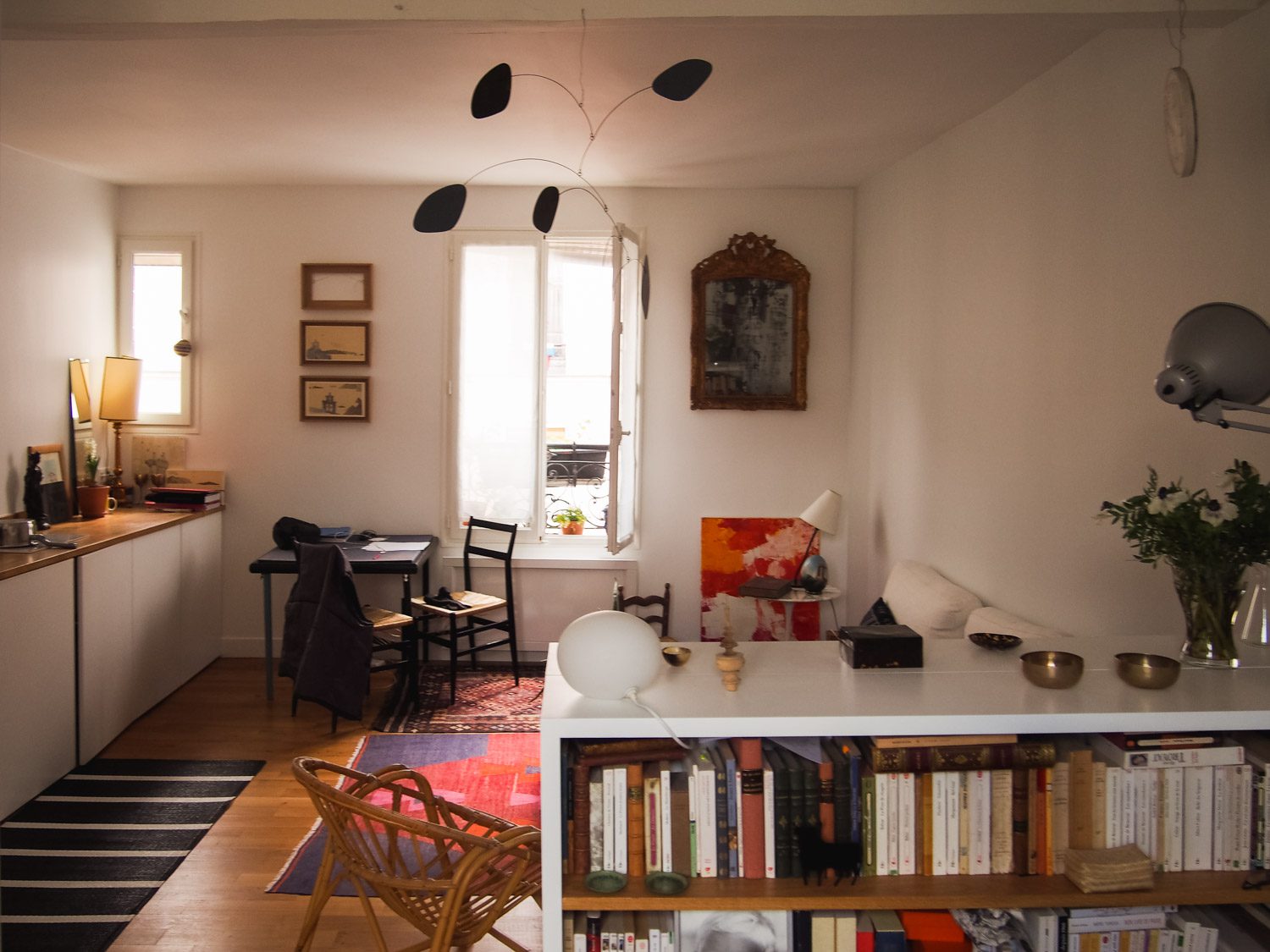When traveling, which among the three should you choose?
When making the decision to travel, one of the first considerations you have to make is where you’ll stay throughout the trip. Next to the plane tickets, accommodations require planning and a significant portion of your budget. Fortunately, choices nowadays are a dime a dozen, and you do not have to limit yourself to hotels, unlike a decade ago. There’s a lodging type for your traveling style. Here are a few of the most common:
Hotels
Hotels have built their brands (and their buildings) on one thing: consistency. A hotel’s layout and amenities will never vary wildly regardless of whichever part of the world you’ll be in. If you need a comfortable bed to lay your tired body on at the end of a long day of exploring, a hotel is your best bet. Let’s also not forget that housekeeping tidies your room every single day, a filling breakfast is included, and you can expect several hotels right in the heart of the city.
The “consistency” mantra that hotels operate by is not without its downsides. Hotels are almost always going to be the most expensive option right off the bat. Also, because each room has to conform to a predefined look, hotels tend to lack personality and local charm. Smaller boutique hotels are trying to buck this trend with more local touches and a staff that’s more than willing to give you insider tips, however. The Wythe Hotel in Brooklyn, for instance, exudes hipster style with its exposed-brick walls and heated wood floors.
Regardless, you should always look at a hotel when booking your accommodations, especially if it’s your first time in the country. There’s enough familiarity in the hospitality that hotels offer that you won’t feel like you’ve just been thrust in the middle of unfamiliar territory.
Tips and tricks:
- Chain hotels model the guest experience according to Western (specifically, American) standards. Keep this in mind if there are particular amenities that you require when overseas, like air conditioning and a sit-down toilet.
- Sign up for a hotel’s loyalty program and give them your business as often as you can. If you have good credit, you should also consider signing up for their credit cards. Typical perks include automatic upgrades to a better-class accommodation, access to the hotel’s lounge, early check-in and late check-out, and welcome gifts upon arrival.
- Although third-party sites like Booking.com and Expedia.com almost always offer cheaper rates, be sure to head to the hotel’s website (better yet, call) to confirm whether you’re paying the best price. Remember that hotels do not give you the rewards reserved for its loyalty program members if you make your reservation outside of their official websites.
Hostels
A favorite among budget travelers, hostels offer many of the upsides of a hotel while removing some of its comforts in order to keep prices competitive. A typical hostel setup consists of rooms with 2-, 4-, 8- or more beds and shared bathrooms. Hostels also have communal living areas where guests can mingle, and a kitchen for preparing and reheating meals.
In case it’s not obvious yet, the biggest con of a hostel is that there’s not much in terms of privacy. This type of accommodation encourages socializing. So if you like to take your time in the bathroom or like to keep the lights on when sleeping, you may find yourself having to compromise.
However, for travelers looking to save a chunk of money while on a holiday, you can’t beat a hostel. The fact that you’ll be out and about for most of the day and only need a comfortable bed to sleep on at night should be enough incentive to check out one.
Tips and tricks
- If you’re traveling with a group—friends or family—consider booking an entire room with an ensuite bathroom for your party. Everybody gets their own bed and you don’t share the bathing facilities with everybody on the floor.
- Many hostels organize free themed tours of the city—beer crawls being one of the most common. Ask the front desk attendant for any activities they have lined up during your stay. This also gives you a chance to make a friend or two.
Airbnb
By now, everybody is familiar with Airbnbs pluses (as well as its much-publicized minuses). For the same price as a hotel room, you get an entire house with multiple beds, a kitchen, and a full bathroom. It’s also the closest to a “local” experience—there are no breakfasts, no daily turn-down service, and every experience is different (for better or worse).
A group of travelers would always benefit the best with an Airbnb, as the price is for the rental of the entire home, rather than on a per-person basis, unlike hostels and even hotels. Pooling your money together affords you a much-fancier dwelling with all of the comforts.
Speaking of comforts, because it’s a home, you have access to a kitchen, an almost guaranteed-to-be-larger bathroom, and even a living room where you can relax with people you know.
The flipside is that there is too much choice. You have to check each listing to see if it will have the amenities that you require. You also have to contend with the owner’s check-in and check-out times, and scams are dime a dozen.
Nonetheless, Airbnbs offer the most bang for your buck. Minus a few very specific instances, it would behoove you to look at listed properties at airbnb.com before searching for hotels.
Tips and tricks
- Not all Airbnb hosts take their time in ticking off what they offer in their apartments. When searching, don’t add any extraneous filters for basic amenities—get in touch with the host and ask them directly. Don’t pass up on a fabulous property in the heart of the town because the host forgot to indicate that they have an in-unit washer and dryer.
- The list price isn’t everything: Miscellaneous fees get tacked on the final cost of rent, so hover over the property that caught your attention and look at the total in gray. That $60-a-night house might end up costing more than a $150-a-night one once everything’s added up.
- Trust your gut: If communications with the owner is off, the listing looks too good to be true, or something just doesn’t sound kosher, cancel. And if you end up with a fraudulent listing, document everything before you leave. You need your case to be iron-clad the moment you get in touch with somebody from Airbnb.



Leave a Reply